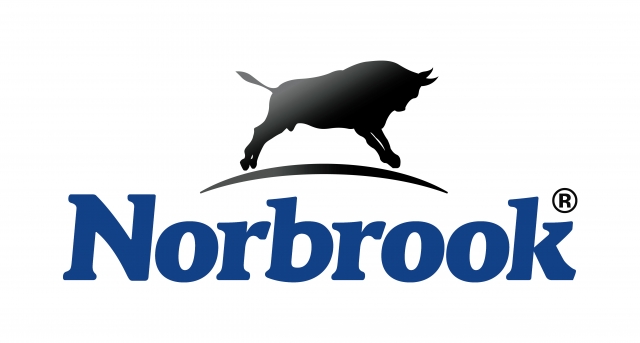
Survey Reveals Herd Productivity Is A Crucial Consideration For Effective Pain Management
Veterinary surgeons believe the industry should provide greater clarity to farmers about the economic consequences of not using pain relief medication, according to results from a new survey.
Over 160 vets and livestock farmers from across the UK participated in a survey undertaken by Norbrook, to understand approaches to pain management on farms.
Respondents were asked to identify the conditions for which they administer analgesic or anti-inflammatory medication in cattle, sheep and swine.
Vets indicated the procedures and conditions for which they could make the most improvement over current cattle pain management practices on-farm. These included disbudding, claw removal, difficult assisted births, mastitis, castration and lameness.
Steph Small BVSc MRCVS, Veterinary Advisor for Norbrook said herd productivity can be severely affected by pain and inflammation.
“Up to 57% of farmers surveyed never use pain medication when performing cattle castration, while a quarter of farmers never use pain medication for dehorning, possibly demonstrating a false assumption that local anaesthetic is a form of pain relief.
“Common painful diseases such as lameness are estimated to cost farmers an average of £350 per cow, which includes treatment costs, losses in yields and the potential for earlier culling of the cow. This could be devastating for farmers who stand to lose nearly £7,500 for an average herd size, or to put it another way, a cost of nearly £1 per litre of milk produced on farm,” added Ms Small.
Vets recognise that there are a number of factors that can become barriers to using pain medication, including: cost, tradition, a lack of perception that farm animals feel pain, time, and withdrawal periods.
“Results from our survey showed that vets believe the greatest barrier for farmers who do not use analgesic or anti-inflammatory medication is a lack of understanding of the economic consequences of pain and inflammation in farm animals,” said Rebecca Laborne, Large Animal Product Manager at Norbrook.
More than 70% of farmers indicated that they could make more use of anti-inflammatories in common procedures. The study also showed which resources vets believed would improve pain management practice on farms. These included: articles in farming press; group workshops for farmers; training activities for vets; and educational materials to leave with farmers.
Mrs Laborne added that farmers see vets as a key source of professional information, according to the survey, with close relationships between farmers and vets seen as crucial to improving pain management treatment and herd health.
Norbrook supplies a wide range of analgesic and anti-inflammatory products including local anaesthetics, NSAIDs and glucocorticoids. The company’s new Best Practice Guide for pain management in livestock also provides strategies for improving animal welfare and economic efficiency. The guide is available free from vet surgeries and local Norbrook Territory Managers.
More from Norbrook Laboratories
- Norbrook giving away five MooCall calving sensors this Autumn
- Norbrook to launch Moxiclear for broad spectrum parasite and lungworm prevention and treatment in companion animals
- Norbrook supports Vets with Horsepower charity riders to raise over £75,000
- Norbrook to run 2,000 (GBP) Ritchie Draft Pro competition at UK summer shows
- Norbrook receives recognition for support of Borneo veterinary project

 9 years ago
9 years ago  1486 views
1486 views
